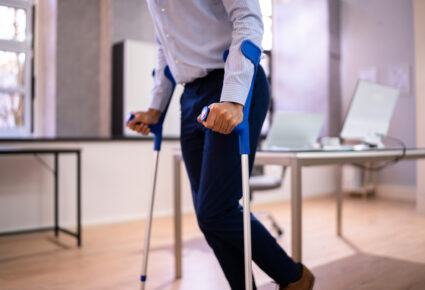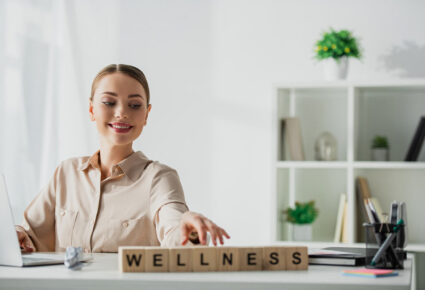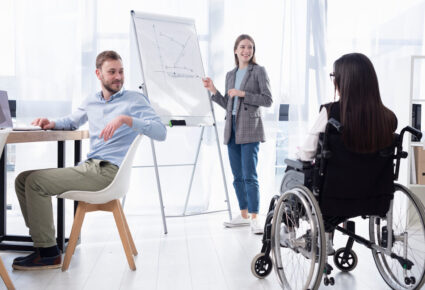We all know how to care of our physical well-being (even if we don’t always do it!). We know to eat well, exercise and to mix things up to keep it fresh. But many people don’t realise that the same principles can be applied to mental well-being.
We are now a few weeks into our time of physical distancing and WFH. We are beginning to realise that this will be a marathon and not a sprint.
It’s good to acknowledge that some feelings of anxiety during periods of change or uncertainty can occur, even if you are not a typically anxious person. Feelings of anxiety about COVID-19 are normal.
Here are some tips to help you manage your mental well-being for the long haul:
- Create a daily routine. Through all the uncertainty focus on what we can control –our wake-up time, exercise time, mindfulness time, break out time, self-care time.
- Review your daily exercise plan – do you need to mix it up? Walk with a friend, do a lunchtime YouTube 30-minute exercise class with your kids; our neighbour has connected with his soccer team on a team exercise App. They work out, encourage, and compete as they stay fit.
- Connect with your community. There are so many options! Emails, WhatsApp, dare-I -say-it, the actual telephone, notes dropped in neighbour’s letter boxes, facetime, a Netflix party.
- Give back – text a grandparent, check on an elderly neighbour, contact an old friend. Don’t underestimate the power you have to offer hope to another person.
- Look for things that bring you joy – our family take 2-3 photos of things we notice during the day that make us smile, and share them at dinner, the kids are making a collage. We have a wall covered in joy and beauty.
- Eat well – Limit the fat, sugar and processed foods. Up the things that were growing before they hit your plate. Limit the alcohol.
- Plan time for self-care – read a great book, take a bath, listen to beautiful music or take up that instrument again.
- Learn something new – art online, language (duolingo has free interactive online courses available. YouTube has free online courses for most things you may want to try.
- Mindfulness – Be in the moment for 5 minutes, put aside distractions and focus fully on one small task. For example, sit in the sun, notice the warmth, feel the breeze, hear the leaves rustling…)
- Manage your media coverage. Limit your time and only view reputable sources.
- Declutter – one small area at a time, a few minutes per day. It can be so satisfying.
- Sleep hygiene – review your “going to sleep routine”. Do you need to limit end of day screen time? Maybe you need to exercise more during the day so you are tired by bedtime? Do you have a wind-down routine?
Did something resonate with you on this list? Try it every day for a week!!
Some good resources
- If you feel like you would like more support and need professional advice – Lifeline, Heads up, Beyond Blue, Reach Out, Black Dog
- Reputable sources of COVID-19 news include:
- Australian Department of Health – http://www.health.gov.au
- World Health Organisation – http://www.who.int



